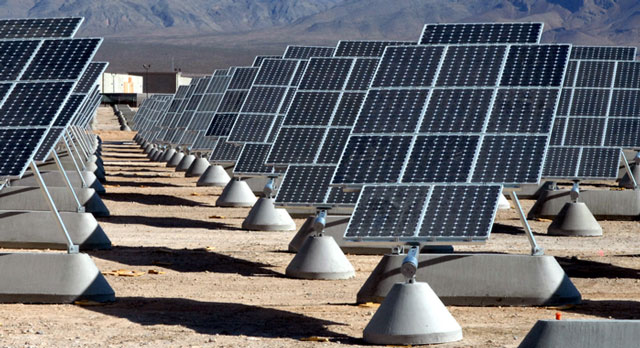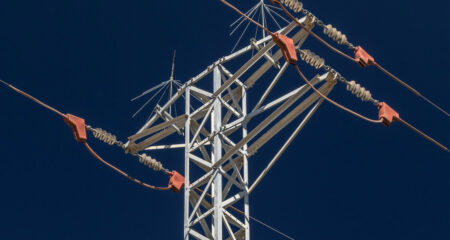
The renewable energy sector was notified in a short note — sent at 4.25pm on Friday — that the financial close of 37 outstanding independent power projects (IPPs) would not take place on Tuesday, 11 April as planned.
No new date has been set and the only reason forwarded by the department of energy’s IPP office was “to allow the new minister of energy to consult with stakeholders including the minister of public enterprises”.
This follows President Jacob Zuma’s removal of former energy minister Tina Joemat-Pettersson from cabinet on 31 March. She was replaced by Mmamoloko Kubayi. Former finance minister Pravin Gordhan was replaced by Malusi Gigaba.
Eskom spokesman Khulu Phasiwe said on Monday night, however, that the utility cannot sign the power purchase agreements that are a prerequisite for financial close unless it gets assurances from the government and the energy regulator, Nersa, about the source of money to pay for the renewable energy.
Moneyweb earlier reported that Joemat-Pettersson set the 11 April deadline for finalising the IPPs. This follows an assurance from Zuma in his state of the nation address that the reluctant Eskom will sign the agreements in line with government policy.
Eskom has publicly criticised government’s highly acclaimed IPP programme that has brought investment totalling almost R200bn, saying it is forced to buy expensive renewable energy while it has a surplus from its own generation that comes at a much lower cost.
Mark van Wyk, head of unlisted investments at Mergence Investment Managers, said he doesn’t know what to tell investors lined up to fund the five outstanding small renewable projects his firm supports.
He says Mergence has successfully financed 12 projects in bid rounds one and two. These went well and the projects are all operational.
Five of the 10 bids they supported in the programme for small renewable projects with generation capacity of less than 5MW were selected as preferred bidders. The five projects have a total value of R700m, and Mergence has a funding commitment of R350m.
Financial close on these projects has now been delayed by at least a year due to Eskom’s reluctance, he says. “It is a concern, because we have committed investors who reserved their capital on good faith. They are earning 5% interest on the reserved funds, while they could have earned 8-9% if the programme went according to schedule,” he says.
“The question is, how long do you wait?” he asks. If an investor withdraws now and the issues are resolved tomorrow, he loses all the money, effort and expertise invested to get the project to this point.
He says it is, however, clear that investors’ patience is running out, especially since there is no clear timeline to financial close.
Van Wyk says the cabinet reshuffle has really had an impact, since Joemat-Pettersson was pushing for the signing on 11 April, with the support of Gordhan.
Initially the industry expected full financial close on Tuesday. Early last week, they were informed that only some preliminary agreements would be signed, but not the power purchase agreements. On Friday, after close of business, they learnt that the whole signing has been postponed, but not until when.
“It is not clear what the new ministers of energy and finance’s positions are on renewables or what their mandates from the president are,” he says.
“I don’t know what to tell investors. If they withdraw, it will expose the projects,” he says.
Eskom’s Phasiwe said the utility has refrained from talking about a deadline for signing the agreements, since it first needs assurances about the source of funds to pay for the renewable energy.
He said Eskom’s ability to recover the money spent on buying renewable energy is restricted due to the court challenge to Nersa’s earlier decision to grant it an interim tariff hike. All interim adjustment applications have been shelved until Eskom and Nersa’s appeals have been finalised.
He said if Eskom spent the same amount on renewables in this financial year as in the previous one, it would be left with a deficit of R10bn for the year. Signing further commitments would amount to reckless trading, he stated.
Nersa has allowed Eskom R19,6bn in the current financial year for renewable energy purchases.
According to Mike Levington, CEO of the South African Photovoltaic Industry Association, that should be more than enough for the cost Eskom will incur in 2017/2018 and therefore interim increases are irrelevant.
He said if Eskom signed the agreements relating to the outstanding 37 projects now, the first power purchases would take place at the end of 2018 only. That would be in a new tariff period and Eskom would still be able to make provision for the cost, which is a pass-through in terms of the tariff methodology.
- This article was originally published on Moneyweb and is used here with permission




